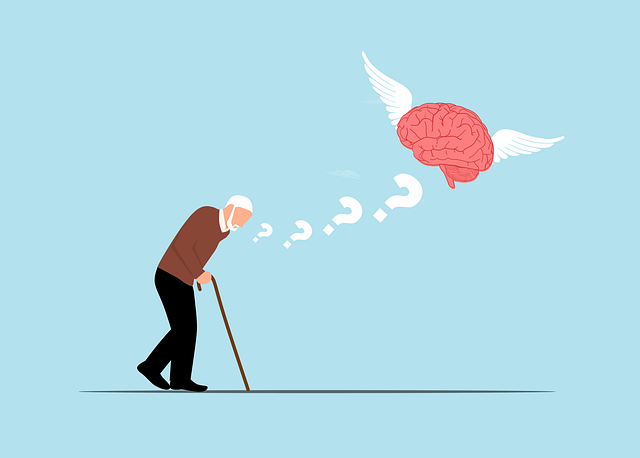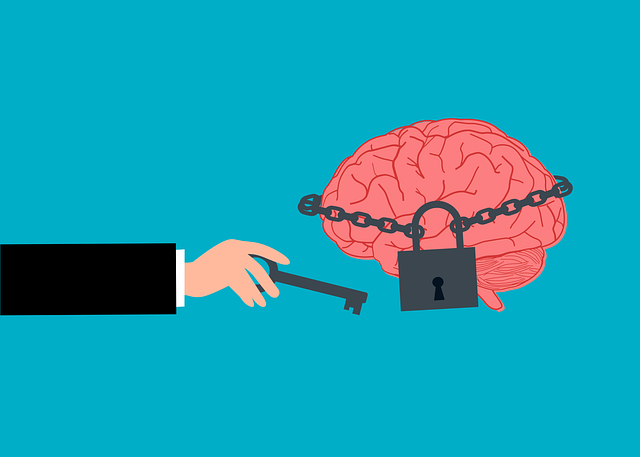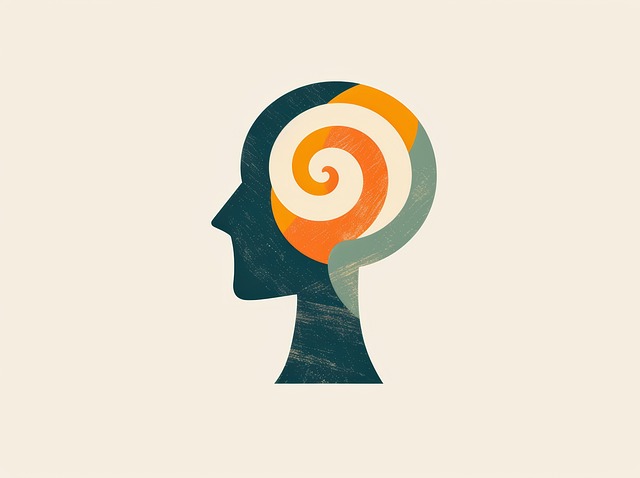The pervasive stigma around mental health, particularly sexual addiction, prevents individuals from accessing crucial therapy and support. Mental Health Awareness initiatives challenge stereotypes through education and open conversations, making support more accessible. Media portrayal significantly impacts public understanding, with accurate depictions reducing stigma and nuanced stories normalizing mental health discussions. "Therapy for Sexual Addiction" employs a sophisticated approach integrating compassion cultivation, cognitive behavioral therapy, and mindfulness practices to address unique challenges. To combat stereotypes, media should depict complex characters with diverse experiences, include recovery stories, and provide platforms for affected voices, promoting empathy and self-care practices for healthcare providers, ultimately fostering a more supportive societal response.
In today’s digital age, media portrayal significantly influences public understanding of mental health. This article delves into the challenge of mental illness representation, focusing on how media can either perpetuate stigma or foster awareness. We explore the impact of these portrayals on society and discuss specific issues surrounding therapy options, particularly for sexual addiction—a pressing concern demanding a comprehensive approach. Additionally, we present effective strategies to challenge stereotypes and promote a more nuanced understanding of mental health.
- Understanding Mental Health Stigma and Its Impact on Society
- The Role of Media in Shaping Public Perception of Mental Illnesses
- Exploring Therapy Options for Sexual Addiction: A Comprehensive Approach
- Effective Strategies to Challenge Stereotypes and Promote Awareness
Understanding Mental Health Stigma and Its Impact on Society

Stigma surrounding mental health is a pervasive issue that significantly impacts society. It often manifests as discrimination and prejudice against individuals facing various psychological challenges, including depression, anxiety disorders, and even sexual addiction. This societal stigma can deter people from seeking much-needed therapy for sexual addiction or other mental health issues, leading to prolonged suffering and potential self-isolation. The consequences are far-reaching; it may prevent individuals from fully participating in community activities, maintaining healthy relationships, and achieving personal growth.
Mental Health Awareness initiatives play a pivotal role in challenging these stereotypes. By educating the public and fostering open conversations about mental health, communities can create an environment where support is more readily available. Implementing Community Outreach Programs that focus on Depression Prevention strategies can be effective in early intervention and reducing the impact of stigma. These programs not only provide resources for therapy but also encourage individuals to seek help without fear of judgment or discrimination.
The Role of Media in Shaping Public Perception of Mental Illnesses

The media plays a pivotal role in shaping public perceptions about mental illnesses, often influencing how society understands and responds to various conditions. Portrayals in films, television shows, and news coverage can either perpetuate stereotypes or offer nuanced insights into the complexities of mental health struggles. When media portrays individuals with mental illnesses accurately and empathetically, it fosters understanding and reduces stigma. However, when stories are skewed by sensationalism or misinformation, it can lead to further marginalization and hinder those seeking help, including those dealing with sexual addiction who may require therapy for sexual addiction.
For instance, depicting anxiety as a weakness or burnout as solely a result of personal failings contributes to a simplistic view, ignoring the multifaceted nature of these conditions. Effective media representation encourages empathy by showcasing the human stories behind mental illnesses. By incorporating accurate communication strategies and highlighting the availability of resources like therapy for sexual addiction, media can play a powerful role in normalizing conversations about mental health, encouraging those in need to seek appropriate support without fear of judgment.
Exploring Therapy Options for Sexual Addiction: A Comprehensive Approach

Sexual addiction, a complex mental health issue, requires a nuanced and comprehensive therapeutic approach to effectively address it. Exploring Therapy for Sexual Addiction involves a multifaceted strategy that goes beyond traditional counseling methods. Professionals are increasingly integrating compassion cultivation practices into treatment plans, fostering an environment of understanding and empathy. This approach not only helps individuals manage their addiction but also promotes self-awareness exercises, enabling them to understand the underlying causes and triggers.
Furthermore, therapeutic interventions should focus on emotional well-being promotion techniques tailored to address sexual addiction’s unique challenges. By combining cognitive behavioral therapy with mindfulness practices, patients can gain valuable tools to enhance their self-control and cultivate healthier relationships. Such a comprehensive approach ensures that individuals not only overcome their addiction but also develop long-term coping mechanisms, fostering overall mental health and resilience.
Effective Strategies to Challenge Stereotypes and Promote Awareness

To challenge stereotypes and promote awareness about mental illness, media representations must move beyond simplistic narratives. It’s crucial to depict individuals with mental health challenges as complex characters with diverse experiences, reflecting the reality that mental illness does not define a person’s entire identity. Encouraging authentic portrayals, including the integration of recovery stories and exploring the nuances of different conditions, can help dispel harmful stereotypes.
Additionally, providing platforms for voices directly affected by mental illness—whether through firsthand accounts in media or expert insights from mental health professionals like therapists specializing in sexual addiction—is instrumental. These strategies, coupled with emphasizing self-care practices and burnout prevention strategies for healthcare providers, foster a more empathetic understanding of mental illness. By promoting coping skills development and breaking down barriers to treatment, media can contribute to a more supportive and inclusive societal response.
Media plays a pivotal role in shaping public perceptions about mental illness. By presenting accurate, empathetic, and diverse representations of individuals living with various conditions, we can challenge stigma and foster understanding. Specifically, exploring therapy options like comprehensive approaches to sexual addiction can help dispel myths and offer hope. Through effective strategies that promote awareness and confront stereotypes, society can create a more inclusive environment for mental health support, ultimately encouraging those in need to seek the help they deserve, including therapy for sexual addiction.














